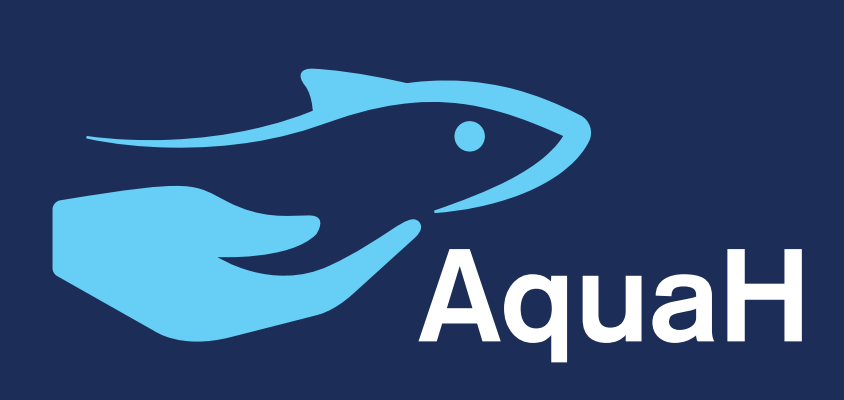Admission and application
Admission requirements
Academic requirements
- Hold a Bachelor’s degree of min 180 ECTS (equivalent to 3 years) from a university or recognised equivalent institute.
- A Grade Point Average (GPA) for this BSc of at least 70% of the maximum grade.
- Demonstrate through your Transcripts of Records (ToR) to have successfully acquired:
- Basic science training in at least 5 out of 7 of the following fields:
- Mathematics
- Physics
- Chemistry
- Biochemistry
- Biology
- Microbiology
- Engineering
- Basic academic or professional background in aquaculture is recommended.
Language requirements
English language proficiency can be met by providing a certificate (not older than 2 years) of one of the following tests:
- TOEFL IBT: 92 with subscore for speaking 23.
- ACADEMIC IELTS: 6,5 overall score, with a min. of 6 for writing and speaking.
- CAMBRIDGE C1 Advanced.
- Cambridge FCE/B2 Certificate: min 176 or Grade A.
TOEFL/IELTS predictive tests, TOEIC, DuoLingo, … are not accepted.
Important note!
Language of instruction is accepted, only if you are a national from, or have obtained a bachelor’s and/or master’s degree in a higher education institute with English as the mode of instruction in the USA, Australia, New Zealand, United Kingdom, Republic of Ireland or Canada (when graduating from a Canadian institute, you must provide a certificate that the mode of instruction was English).
How to apply?
- The online application portal opens each 1st of October prior to the academic year you wish to start studying.
- You will need to upload following documents to complete your application:
- Scan of your passport (pdf format)
- Short CV (max 2 pages)
- Bachelor’s degree (or certificate of enrolment if you are still in your last year)
- Transcript of Records, preferentially including grade description
- English language certificate (check language requirements above)
- Motivation letter (max 1 page)
- No recommendation letter is required
- During the application stage documents should not be legalised yet, simple scans are sufficient. Only after academic eligibility is confirmed, you will be asked to provide legalised versions.
- Carefully read and follow all instructions in the AquaH Application Manual while completing your application form.

After submission
Academic admission
Once you submitted your application file, your academic background will be assessed. If you meet the academic requirements you will be invited to send scans of your legalised Diploma and Transcript of Records by e-mail as soon as possible and before the ultimate deadline of 31 May 2025.
After the International Admission Desk of Ghent University has received your legalised documents, you will receive a Letter of Admission (LoA) for the AquaH programme based on which you can apply for a student visa.
Follow the correct legalisation method for your country.
Appeal
Applicants that do not agree with the outcome of the Student Selection Committee can file an appeal to aquah@ugent.be. The decision of the Committee will only be reviewed if the applicant can prove that the Committee made an objective mistake during the evaluation of the candidate.
Visa application
If you need a visa to enter Belgium, please start your visa application as soon as possible after you have received your Letter of Admission.
Apply for a long stay student visa type D at the Belgian embassy or consulate which is competent for your country of residence. Information about your visa application can be found at the visa information page and at the competent Belgian embassy or consulate.
The AquaH programme includes student mobility to other European countries, therefore you need to apply for a long stay student visa type D with code B35. After your arrival in Belgium, you will be able to apply based on this code B35 for a 2-year residence permit that will allow you to travel to AquaH partner countries without having to apply for a visa in these countries.
When applying for a visa, you will be asked to prove your solvency (i.e. sufficient means of subsistence). This solvency can be proved in different ways:
- A Scholarship Award Letter (document certifying that you have been granted a scholarship).
- An affidavit of support (or a financial guarantee).
- A blocked account and solvency letter: Ghent University provides the required solvency letter if sufficient means of subsistence are transferred on a blocked account managed by Ghent University. The financial means will then be reimbursed to you on a monthly basis. For more information, contact international@ugent.be.
